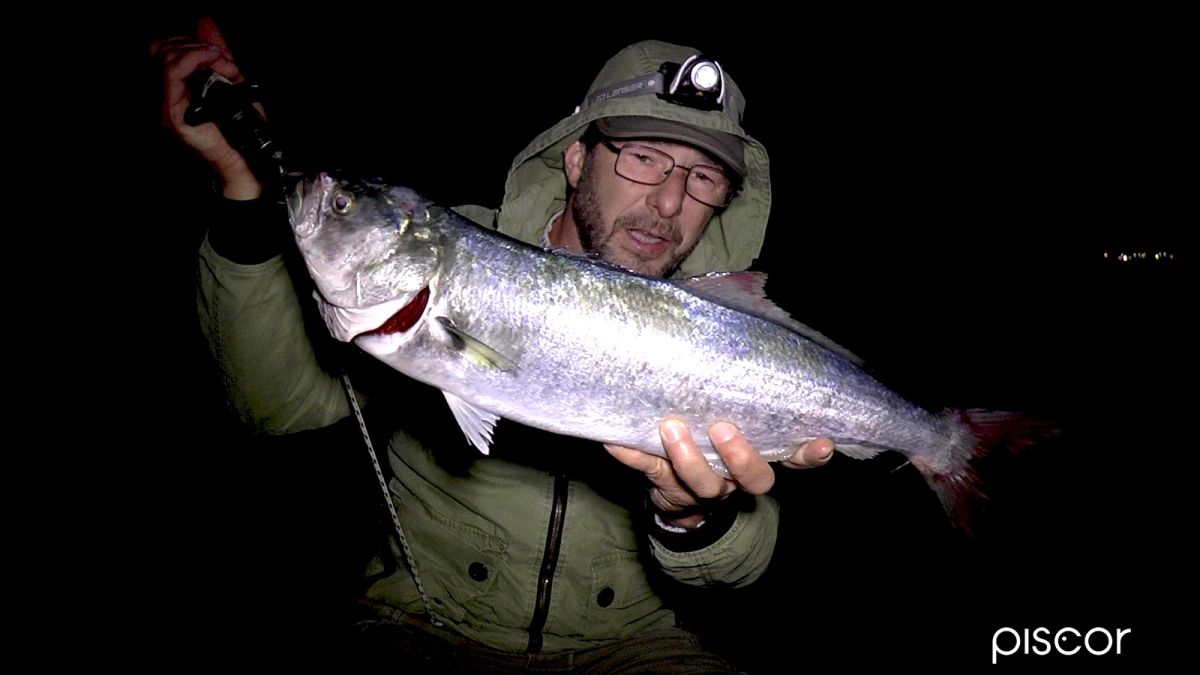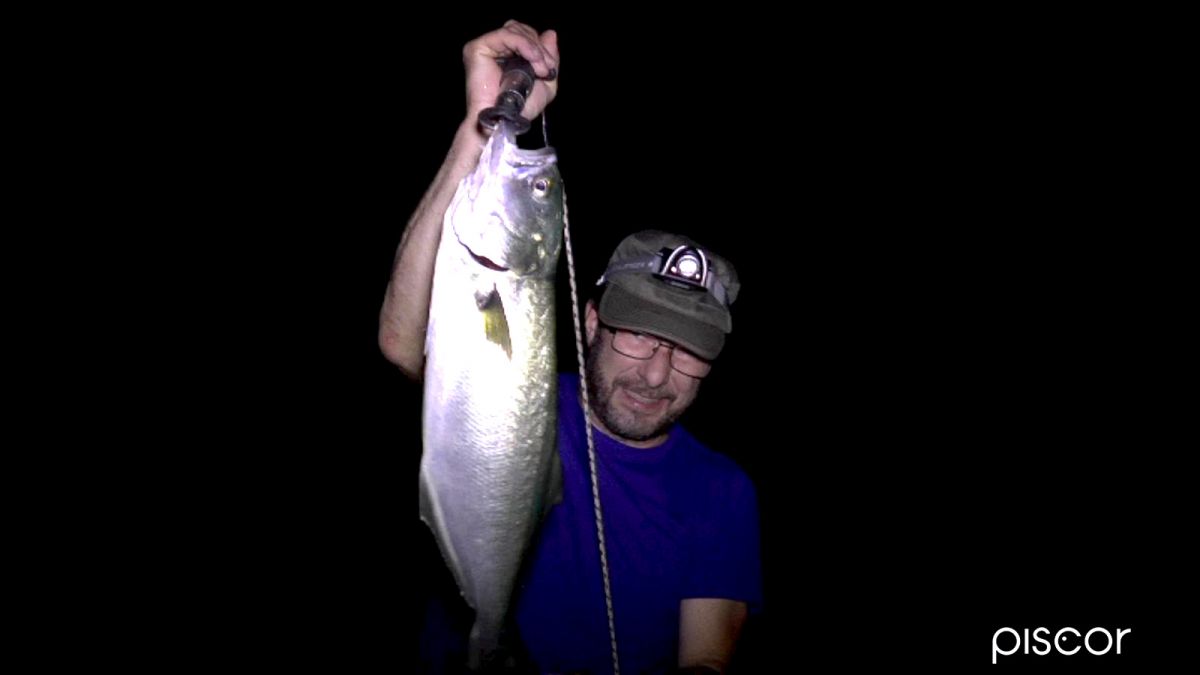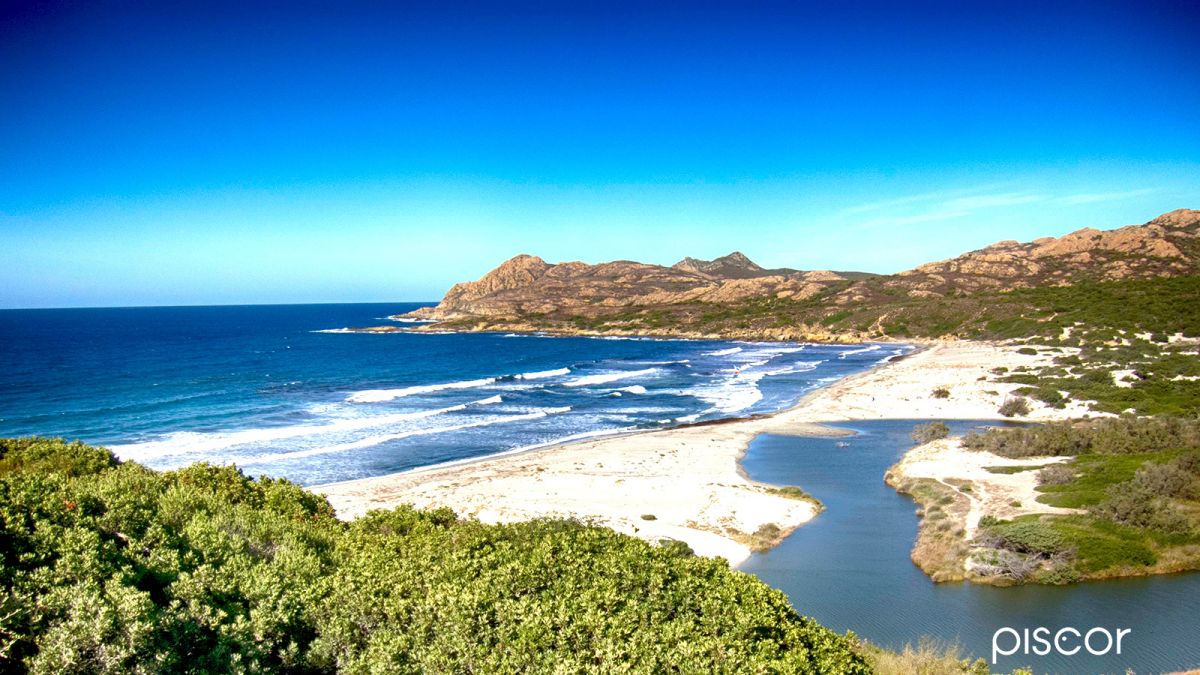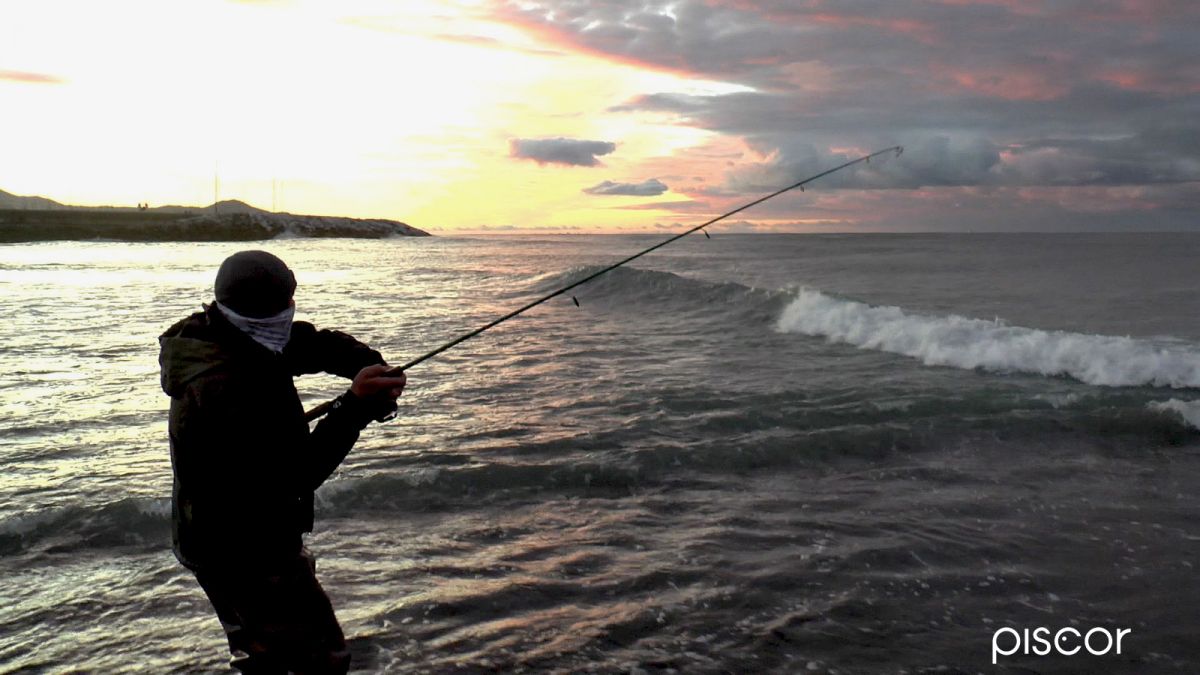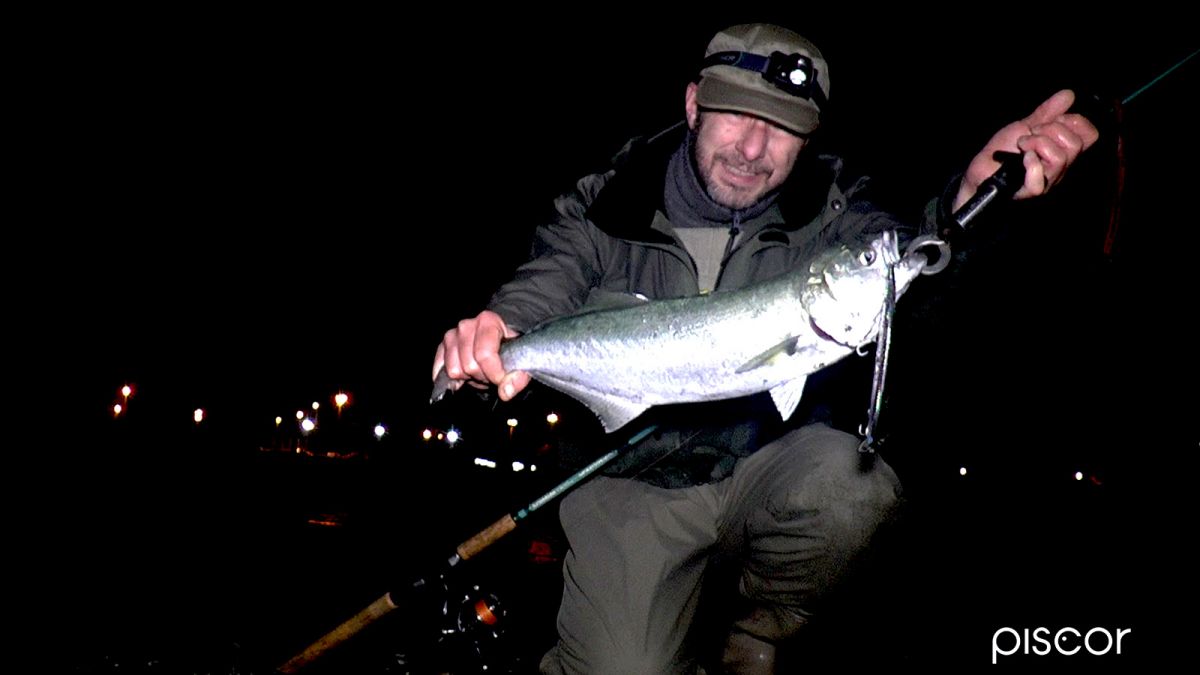Bluefish is a gregarious species, i.e. they are predisposed to form banks, especially in the small-medium sizes.
When they get close to the coast, they tend to hunt in shoals, sowing panic between the forage fish assemblies, sometimes forming real school of bankfish.
Let's imagine now to meet a group of small and medium sized specimens intent to hunt, perhaps in a frantic way, in these cases it will be appropriate to try to undermine them with artificial of similar size to the forage fish that is predicted at that time.
You can use, for example, minnows, more contained than the classic jerk that are usually used, but much lighter, and will therefore be an excellent solution if the predators are within range of launch, but if the predatory activity is further away and out of reach of our minnows, we could use metal baits or metal jigs.
These very compact baits and made of metal, have an excellent lunching ability and manage to get where other lures do not succeed, but as in all things there is the other side of the coin, or rather the negative aspect: this type of bait having the opportunity to reach long distances, because of their ratio size-weight, will, however, result in a very fast sinking, so if we want to remain in the surface band, for example, we should recover very quickly by greatly reducing the stay in the "strike zone".
We can say that the perfect bait does not exist, in every "situation" there is a more functional way than another.
Where to look for it
Bluefish is an Eurialina species, i.e. it is able to frequent all those areas where fresh water is present and therefore where the concentration of salt can vary a lot: the mouths of the rivers, the brackish areas and the lagoons with openings towards the sea are areas of absolute interest in the research of Bluefish.
Even in the cliffs you can undermine the Bluefish, but in this type of spot will be more difficult to find schools of fish than in the mouths of rivers, where it is not uncommon to find them grouped in small to medium sizes. Therefore, in the cliffs the encounter may be less likely but the average size will be higher.
The Bluefish is a pelagic species, so its encounter can also take place in the open sea, although usually from the boat his search is mostly done in the subcoast, preferring the areas in front of the mouths of rivers.
It must be said that each spot has its own "rules" in fact, depending on the areas, the presence of the Bluefish and their behaviors and habits, can vary quietly, having said this, let's make a list of periods and conditions that can help us in the search for the Bluefish. Let's also see what could be the most fruitful moments for the search of this predator.
Periods and conditions
The Bluefish can be threatened all year round, but spring and summer are perhaps the most suitable seasons, those that guarantee more activity, autumn and winter can give the important capture.
The change of light is an excellent "moment" for fishing in general, if we talk about Spinning then becomes a reference point.
As for the weather conditions, we can say that the Bluefish are often active even in calm sea conditions, for example in the mouths it is not uncommon to find it in these situations and also in brackish waters where usually the wave motion is not present, so this fish is used to prey even in these situations, being perfectly at ease.
The Bluefish is not so sensitive to atmospheric pressure and bad weather or rain, such as bass, but the best catches are often made in adverse conditions, this aspect is to emphasize a rule not written here when fishing is fine, perhaps enjoying the good weather and a calm sea and transparent, we will hardly make good catches, "except for some types of fishing".
When, on the other hand, we find ourselves in "difficult" situations with a well formed sea, wind and rain, then it will perhaps be more difficult to fish, but the possibilities of making valuable catches increase considerably, especially if we fish from the bank.
With a well formed or after storm sea we will have excellent opportunities to undermine this predator even in the cliff, in fact in these spots it is advisable to invest time and energy in these conditions. In a cliff with a calm sea it will be better to try to undermine other predators such as Barracuda, which are easier to meet in these conditions.

